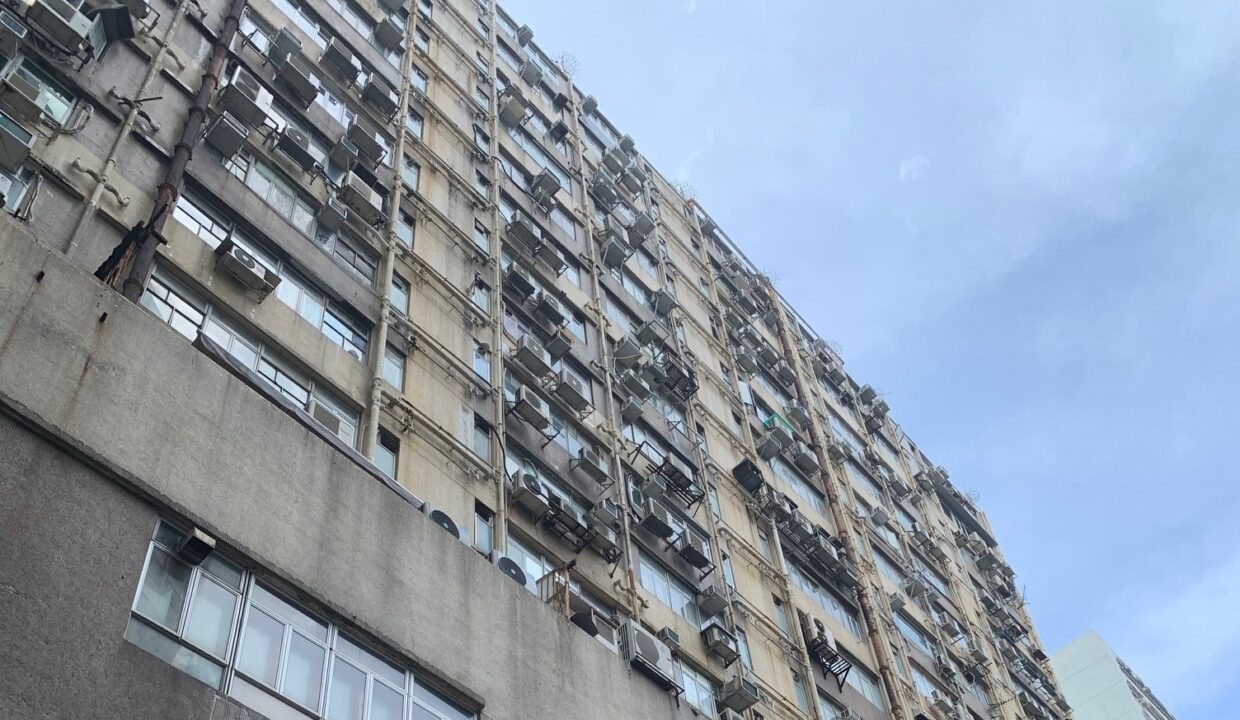
(June 10, 2022)
Transaction highlights
Industrial properties seem to continue its demand in 2022 after seeing a significant increase in the total transaction amount in 2021. Such higher transaction amount was mainly contributed by private funds’ acquisitions of entire blocks of industrial buildings for investment purposes. This type of “block” sales was estimated to reach a total of HKD43.2 billion in 2021.
The first “block” sale in 2022 was recorded in April where a US private fund purchased the Cargo Consolidation Complex on No 43, Container Port Road, Kwai Chung for HKD2.88 billion (or $10,819/sf). This is a 16-storey data centre with a total of GFA of 266,200 sf. Its major tenant is PCCW who has anchored a lease for 10 floors with an expiry date in 2035. The seller, who is a local investor, has made a handsome profit of HKD880 million after holding the property for 4 years with an initial investment of HKD2 billion (or HKD7,513/sf). This particular property changed hands 3 times over the last 6 years. Goodman was the one who converted it into the data centre and sold it to PAG (a US fund) for HKD1.35 billion in Feb 2016. PAG then sold it to a local investor for HKD2 billion in 2018 and this year, this property changed hand again at a higher price.
Subsequent to the above sale, there were two more “block” sales totalling to about HKD4.62 billion were completed in late May. Both properties were warehouses and located at Fo Tan and Chai Wan respectively. The former has fetched HKD2.33 billion for the seller while the latter was sold HKD2.29 billion. In both deals, China Resources Logistics was the buyers and Kerry Properties was the seller.
Implication to the industrial sector
There is obviously an increasing demand for industrial properties and we expect its prices will go up further. Lets dive into the rationales we believe for such an increasing demand.
i) Good investment value – the dollar value of industrial property is relatively low with higher upside potentials while it can still produce a rental yield of around 3% pa or above. An average property is costing between HK$4K-7K/sf. For instance, the above property at Fo Tan was sold for HKD5,762/sf. The initial investment amount is much smaller comparing to other types of property investments.
ii) Potential redevelopment – many industrial properties are located in urban districts and close to MTR stations. Many of them have already been refurbished into commercial buildings, data centres, hotels or even residential properties over the past 10 years. Some of them even have good sea views like eastern Kowloon, Tsuen Wan west and Chai Wan. Many large corporates or even foreign banks have moved their headquarters to these areas to take advantage of the lower land value. Good examples include Kowloon Bay, the two US banks (Citi and JP Morgan) who have moved their headquarters to Ngau Tau Kok a few years back.
iii) Wider usage – it is not our intention to discuss its usage here but rather its value. Would like to focus on a few factors that may further push up its value. a) The pandemic has led to the growth in internet shopping where we are becoming more used to buying via internet, there have been surging demand for internet shops leasing for large industrial space to serve as pick up points as well as storage; b) continuous growing demand for “mini warehouse” to meet the needs of household storage which is attributed to the residential property development trend of small residential units; c) data centre development; and d) good spaces for housing various types of sport centres/recreational activities.
iv) Limited supply – There is only a total of less than 1,800 industrial buildings at present and this figure is dropping as many are undergoing redevelopment. The government redevelopment policy also helps to quicken their conversions. For comparison, there are about 32,000 commercial buildings and 99,000 residential buildings in Hong Kong.
v) Law of supply and demand – Prices will push up when supply is running short. This is not only expected on “block” sales but also individual units as well. Many developers are quietly acquiring industrial buildings for redevelopment purposes. Some of the industrial units have already gone up by 15% since the beginning of 2022.
vi) No special tax on capital gains – the extra taxing was uplifted last year which will also cast a positive effect to prices.
vii) Increasing interest rate will have less impact on prices – industrial properties can only mortgage up to between 30-50% of purchase prices. This means investors are required to settle the balance on their own source of funds. The burden on interest rate is therefore relatively low in view of the low purchasing lump sum and larger initial cash outlay.
In short, industrial property seem to have a more positive prospect on its value growth.

